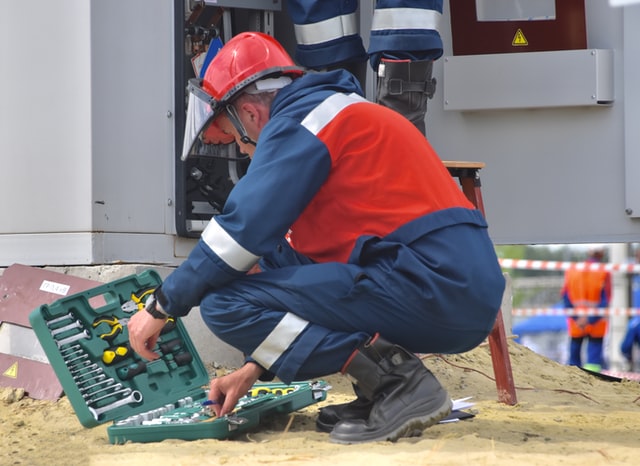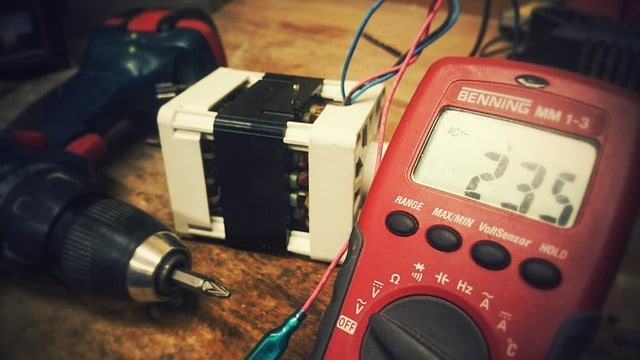Despite record numbers of new apprentices,16,000 currently, it is still hard to get a tradie when you need one.
Initially the shortage may have started with the 2008 global financial crisis, with employers reluctant or unable to take on apprentices.
But the building boom has continued beyond expectations.
And then there was Covid.
New data suggests that some parts of the country are suffering acute shortages of certain tradespeople, with Wellington at the top of the list.
Handymen and plumbers are in such high demand in the capital that Builderscrack.co.nz, a website that matches jobs with tradespeople who register on its site, says it’s “damn near impossible to find a plumber in Wellington in a short timeframe”.
Some customers were having to wait months, instead of days for a plumber, Builderscrack spokesman Jeremy Gray said.
“And for some reason, and I don’t know why, people have been going absolutely nuts in bathroom renovations over the last few months.”
Wellington tradesman Sandy Aitchison agreed, saying demand had “gone berserk” since Covid.
“It’s hard to find one now at short notice. Sometimes you can wait anywhere from a couple of weeks up to months.”
Wellington plumber Craig Louisson, said he’d been in business for 15 years and had always been busy.
“I get called up by clients and they say I’m the third or fourth plumber they’ve called so I guess that suggests the previous four have said no.”
Tradies in Auckland and Christchurch appeared easier to get.
Builderscrack – which focuses on the renovations and repairs market – said electricians had not been as high demand as other trades.
However, Master Electricians chief executive Bernie McLaughlin said that was not a sign that electricians overall were in plentiful supply. In fact, the industry was 10,000 electricians short.
A surge of new apprentices, with upturns in females and Māori or Pacific trainees had been encouraging, he said.
“Because there are just no skilled workers, what’s happening is there’s quite a lot of poaching on going on as well. Tradespeople are going to companies for an extra $3-$5 an hour and of course, overheads go up and so charge-out rates go up.
“So it’s actually quite inflationary, it’s got a much wider effect on NZ Inc than just a slow build process.”
It has been suggested that the path to a trades qualification is part of the problem.
After completing an apprenticeship, there are further exams to be completed before you can become a “registered” or “certifying” tradesperson.
At the end of June there were 80,000 vacancies on Trade Me, with trades and services the fifth most advertised job category, after hospitality, manufacturing, construction and transport.
An NZIER quarter survey said the difficulty of finding skilled labour was at the highest it’s been since the mid-1970s, with Covid-related supply chain disruptions adding to the sector’s problems.
Minister for Building and Construction Poto Williams said the building sector was vital for New Zealand, which was why it had implemented its Construction Sector Accord – “a shared commitment between government and construction industry leaders to transform New Zealand’s construction sector”.
Get your business noticed by creating an online directory listing. Listings are FREE and you can create as many as you need.
- Get found by locals



